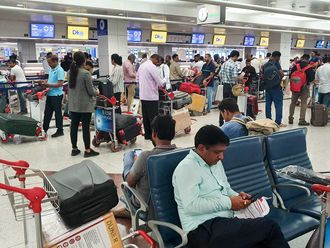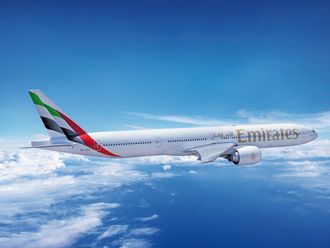Los Angeles: JetBlue Airways began this month to charge a baggage fee to the lowest-fare passengers, leaving Southwest Airlines as the only major carrier offering free checked luggage.
The response from JetBlue loyalists has been mostly negative.
“Sigh. @JetBlue joining the ranks of crappy, nickel and dime airlines,” a JetBlue passenger posted on Twitter after the change was announced.
But academic studies say that the addition of bag fees, starting for most carriers in 2008, have not hurt passenger demand and have instead led to fewer lost-bag reports, fewer delayed flights and a drop in bag-related passenger complaints.
The conclusion may seem surprising: Bag fees have improved passenger satisfaction.
The studies in 2013 and 2015 by business and engineering professors from the University of Maryland and the University of Bergamo, Italy, say the bag fees cause passengers to check fewer bags, thus reducing lost-bag rates and cutting flight delays by reducing the time it takes to load bags onto planes.
One disadvantage of charging a checked-bag fee, according to the studies, is that passengers overstuff their carry-on bags to avoid the bag charges and, therefore, take longer to squeeze those bags into the overhead bins.
Still, the overall time it takes to load and unload planes seems to be cut by having passengers check fewer bags, said Martin Dresner, one of the study’s authors and a professor at the Robert H. Smith School of Business at the University of Maryland.
“Since there is less checked baggage, the turnaround time for aircraft can be reduced,” he said.
For their part, Southwest Airlines officials say they have considered all the advantages of charging bag fees — including the potential added revenue — but have no plans to end their “bags fly free” policy.










